|
|
|
|
🐥Welcome to the Spring Newsletter!
|
Below are some highlights of what you will find in this seasonal edition:
|
- Expert Commentary on the FishSCORE program of the UN Ocean Decade
- News on side events at the CBD meetings in Nairobi
- Case study on community monitoring for the management of non-native fish in Colombia
- And more!
Submit your case studies, publications, and news about your activities to be featured in the next newsletter!
|
|
|
|
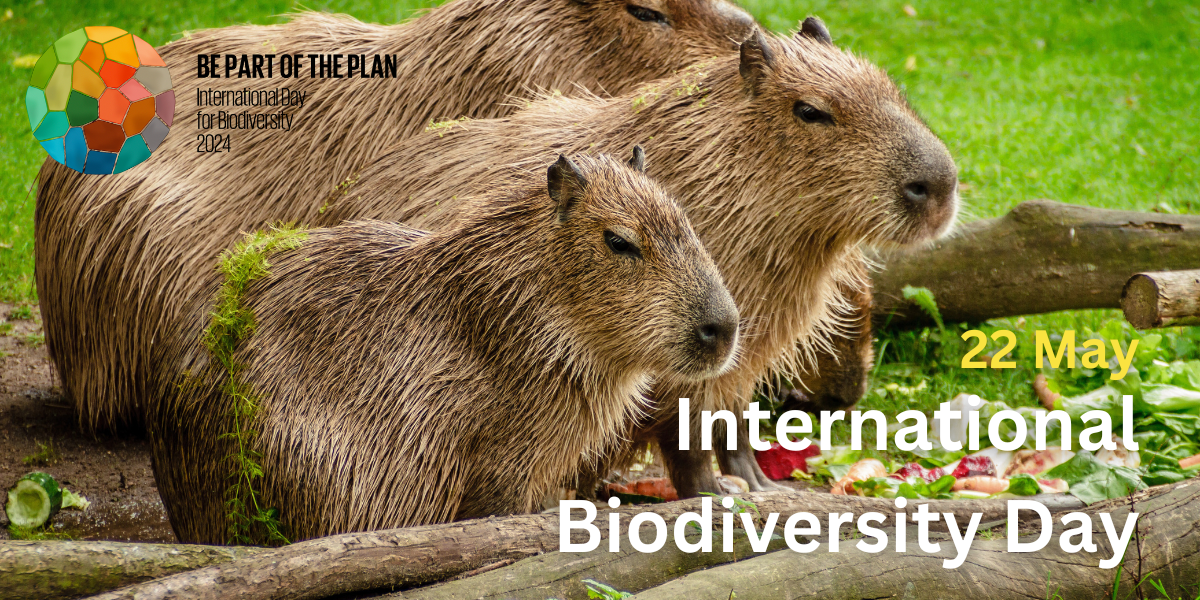
|
|
|
|
|
Ocean Decade Conference Unveils the Barcelona Statement
|
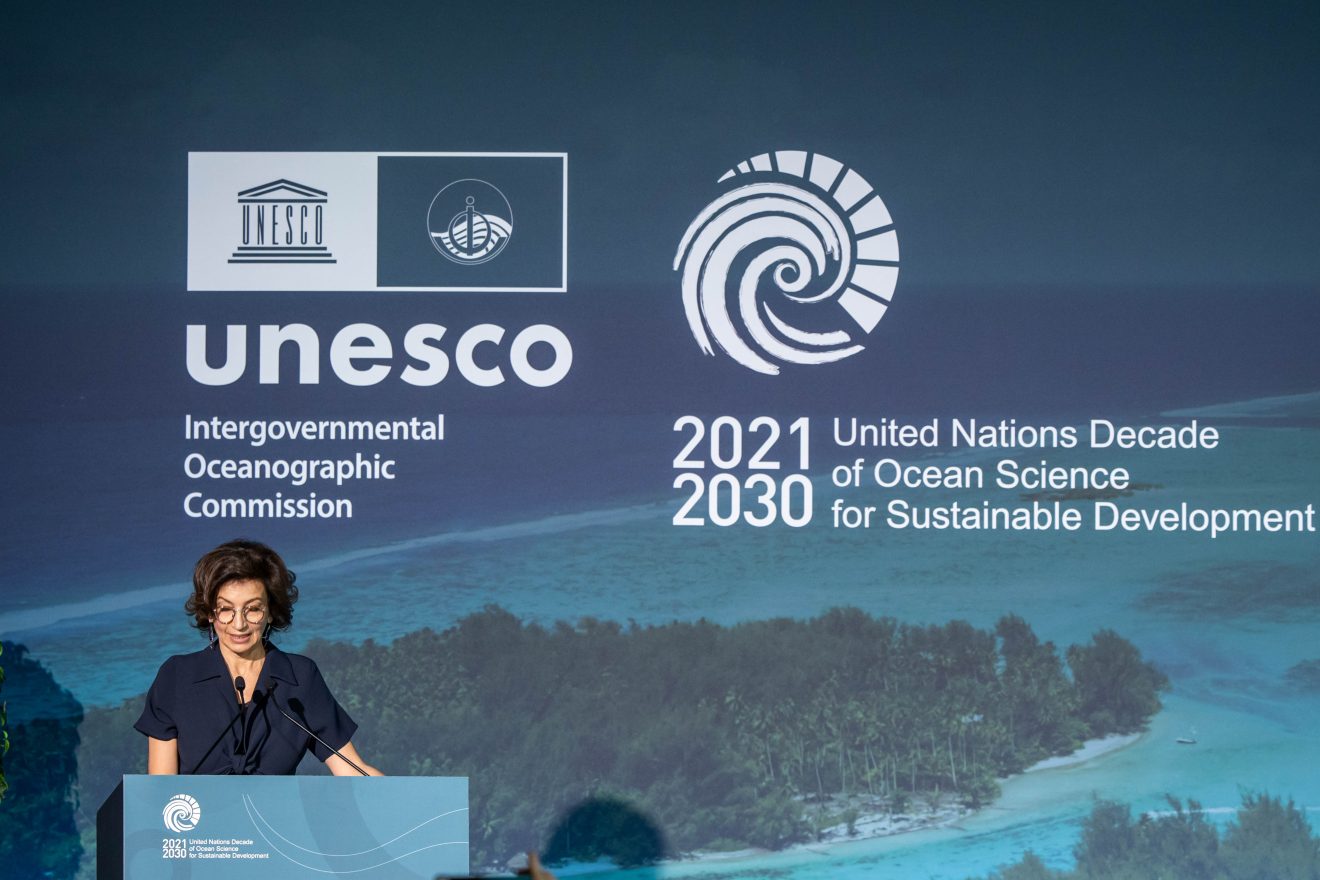
|
|
|
The Ocean is the world’s most vital resource, crucial for global climate cycles, providing half of our oxygen, hosting a majority of Earth's species, and supporting a "blue economy" that feeds millions. However, it faces threats from pollution, overharvesting, warming, and acidification.
|
The UN has launched initiatives to improve ocean health, including the UN Decade for Ocean Science for Sustainable Development (2021-2030), which aims to support Sustainable Development Goal (SDG) 14 (life below water).
|
|
The 2024 Ocean Decade Conference brought together around 1,500 participants in person and 3,000 online to review progress and set priorities. The key outcome, the Barcelona Statement, outlined priorities: enhancing ocean knowledge for better management, improving infrastructure for pollution monitoring and observations, and addressing cross-cutting issues like co-designing initiatives and integrating diverse knowledge systems.
|
|
|
|
|
|
The Decade of Ocean Science and the Satoyama Initiative Plan of Action 2030
|
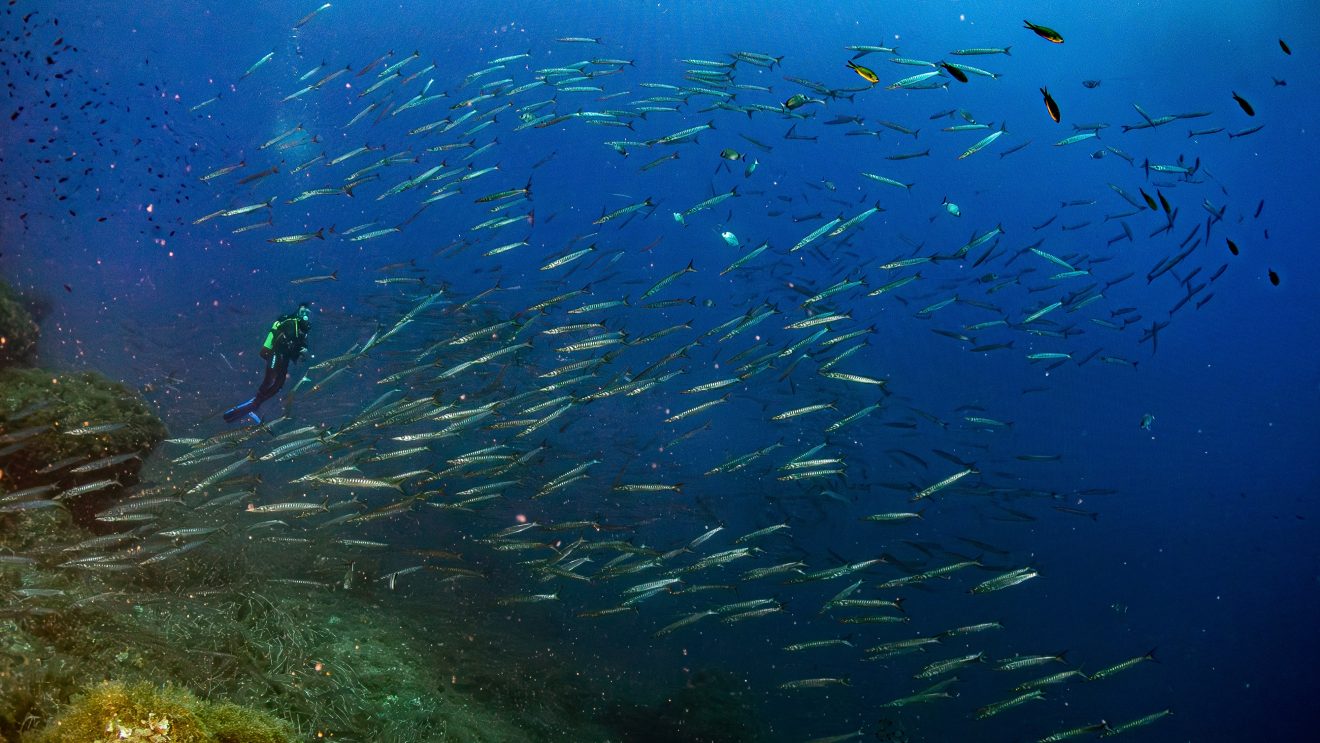
|
Photo by Luis Puerta
|
By Enterline 1, C., Kamau 2, J., Kleisner 1, Sanz-Martin 3, M., K., Mills 1, K., Solis-Rivera 4, V., Watts, P. 5
|
Climate change will shape future fisheries and livelihoods. Marine fisheries reform must augment reflexive objectives to include adaptation to climate impacts and nurture transformational innovations towards more just and equitable systems that confer resilience. Proactive, climate-smart, co-designed marine fisheries transformations must enhance sustainability, equity, and wellbeing.
|
|
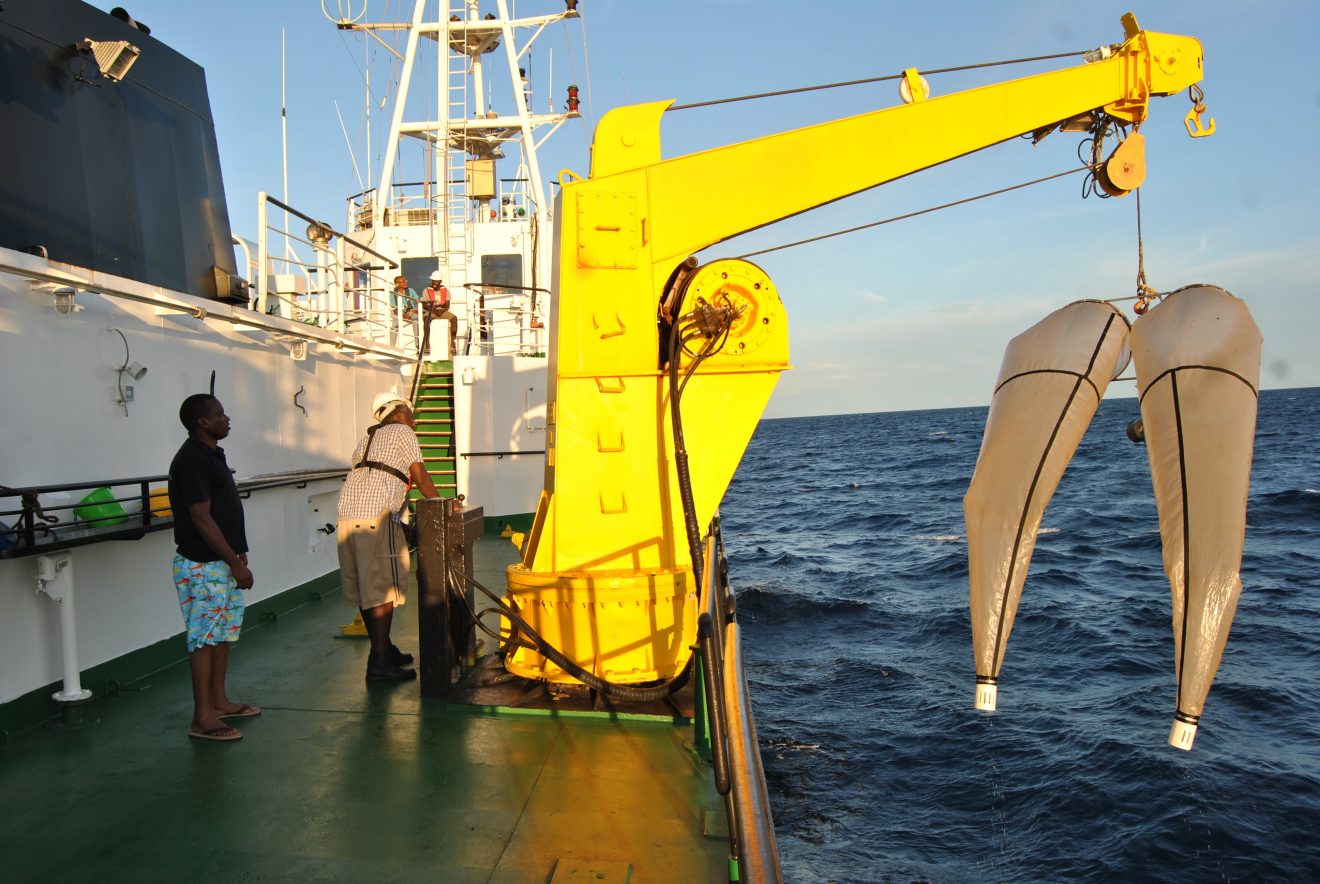
|
Kenya Marine Fisheries Research Institute
|
The FishSCORE program and affiliated projects are exploring topics that promote programs to deal with shifting fish stocks and fluctuations in productivity, gender equity, spatial management and other adaptation strategies that improve resilience to climate change, while helping ensure a human rights-based approach. Projects are unique in their aims and objectives but have a common goal of holistically evaluating and advancing marine resilience strategies. The FishSCORE program will evaluate the global scalability and transferability of experiences. Affiliated projects are considering a broad suite of ecological, social, economic, governance, and cultural features influencing how climate impacts may affect fisheries and their ability to respond to change. This includes engaging Indigenous and local fisher-knowledge in the co-development of projects and recommendations, emphasizing human rights-based and climate-smart approaches to marine conservation and sustainable use. FishSCORE designs opportunities to understand unique attributes and commonalities among fisheries in a holistic way across global ocean settings.
|
As SI actualizes its involvement in ocean conservation, we see collaborative opportunities to build partnerships. Partnerships can support implementation of Small-Scale Fisheries (SSF) action as presented at the Lisbon Ocean Congress and the application of a human rights-based approach to conservation and sustainable oceans. This long-standing gap in global marine management was identified in the UN Food and Agriculture Organization’s Voluntary Guidelines for Securing Sustainable Small-Scale Fisheries, Food Security and Poverty Eradication, similarly through Sustainable Development Goal 14 and the call for states to secure SSF access to marine resources and markets.
|
|
|
|
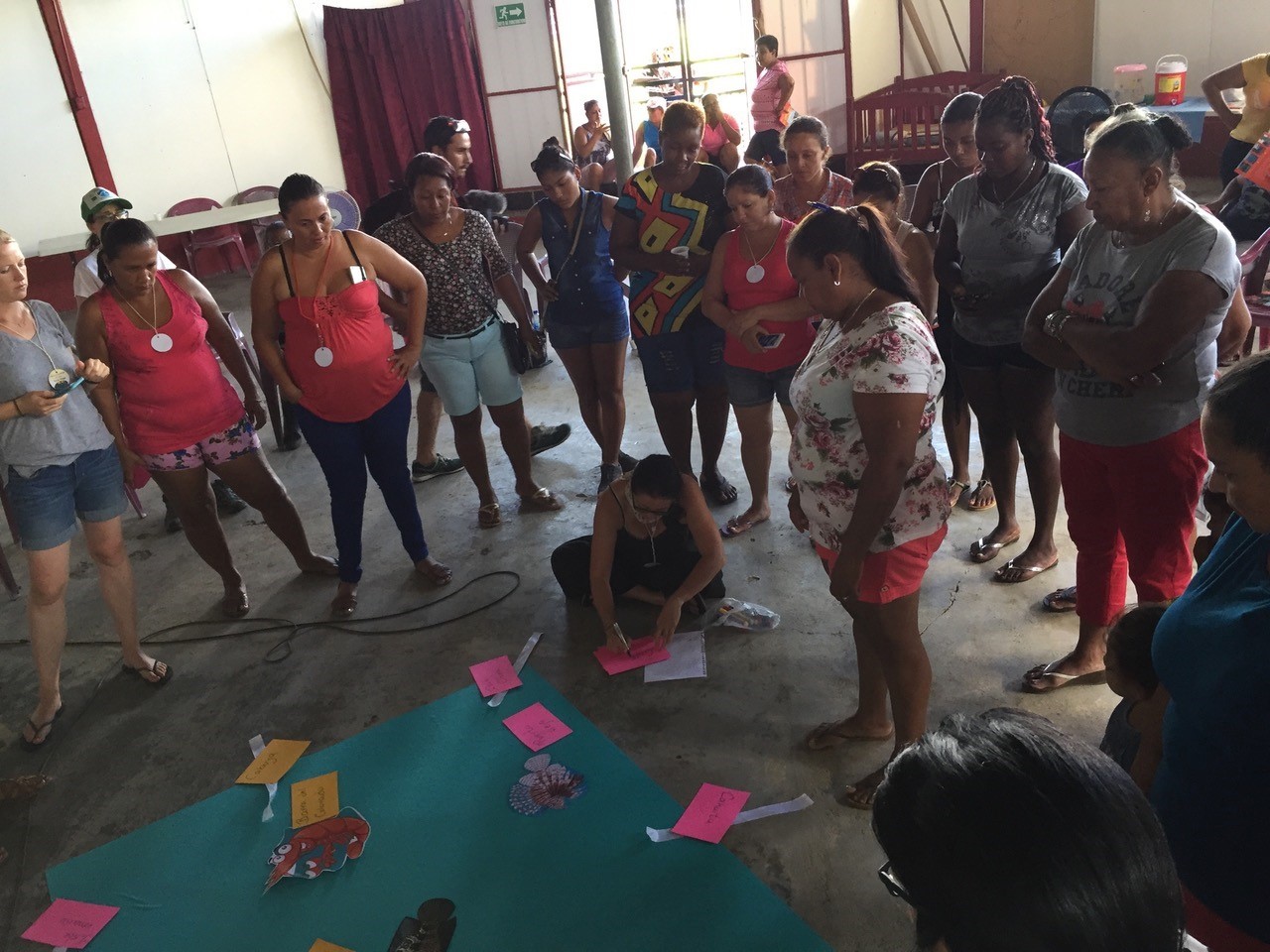
|
Photo by CoopeSoliDar R.L
|
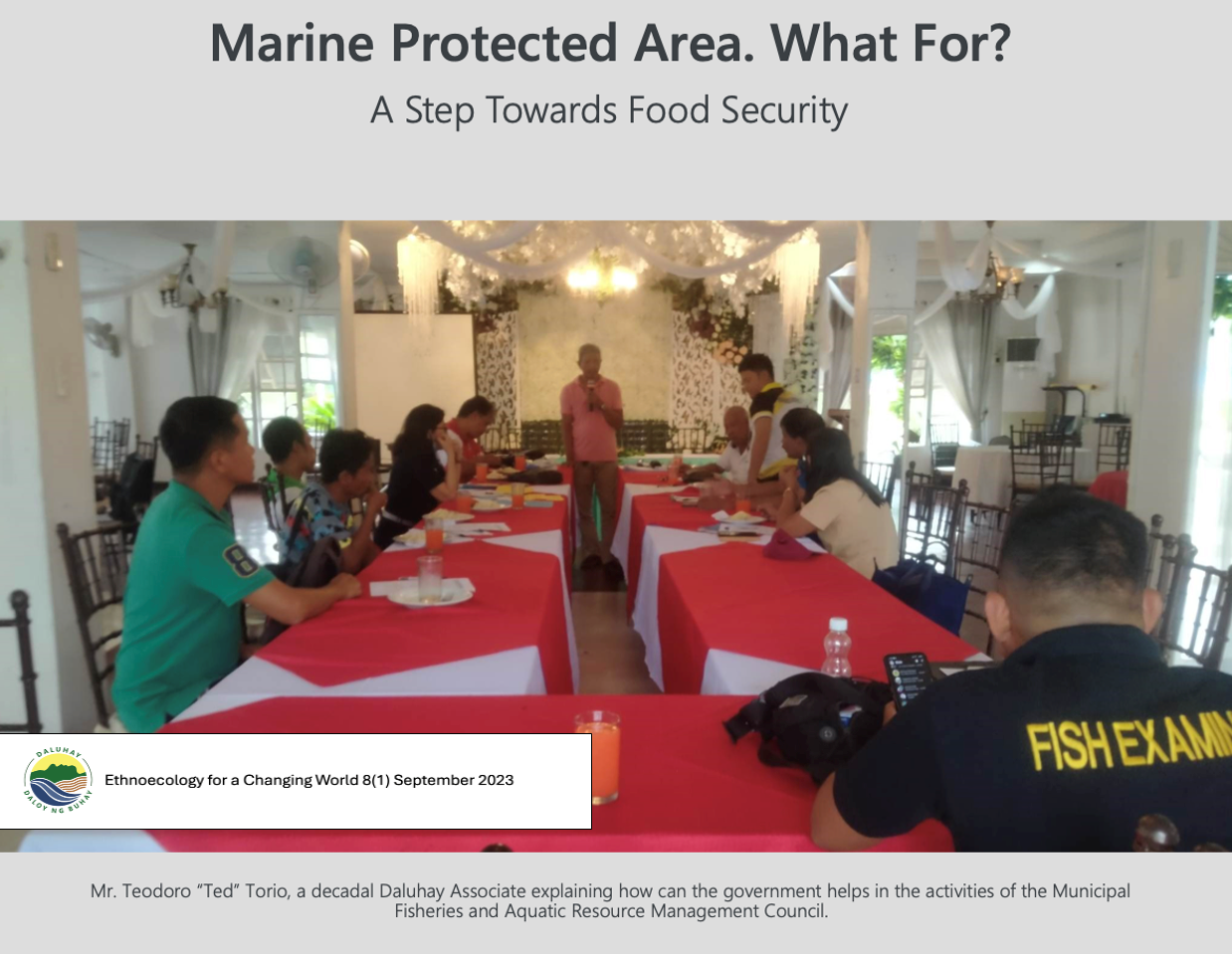
|
Photo by Daluhay– Daloy ng Buhay
|
|
|
|
Given SI’s global profile, alignment with FishSCORE could provide critical support to common goals for our shared future. We anticipate applied SI advocacy and direct participation resulting in: multi-national comparisons of climate resilient fisheries strategies for socio-ecological systems including shifts in Marine Protected Areas (MPA) selection and management; solidification of once and future closed circle economies for SSF, and; development/renewal of national considerations regarding SSF sustainability. IPSI's main bulk of case studies have been on terrestrial settings, however, the IPSI Sub-committee to update the IPSI Plan of Action emphasized the organizational desire to engage more on marine challenges. Aligning with the FishSCORE program to expand cross-cutting resilience assessment themes across individual OCEAN projects could be a significant SI Action Research objective.
|
|
|
1. United Nations Decade of Ocean Science for Sustainable Development: Fisheries Strategies for Changing Oceans and Resilient Ecosystems by 2030 (FishSCORE 2030)
|
|
2. Kenya Marine Fisheries Research Institute – Kenya
|
|
3. Spanish Institute of Oceanography, Spanish National Research Council (IEO – CSIC) – Spain
|
|
4. CoopeSoliDar R.L – Costa Rica
|
|
5. Daluhay – Daloy ng Buhay – Philippines
|
|
|
|
|
|
|
|
Recognizing People and Nature as One Socio-ecological System
|
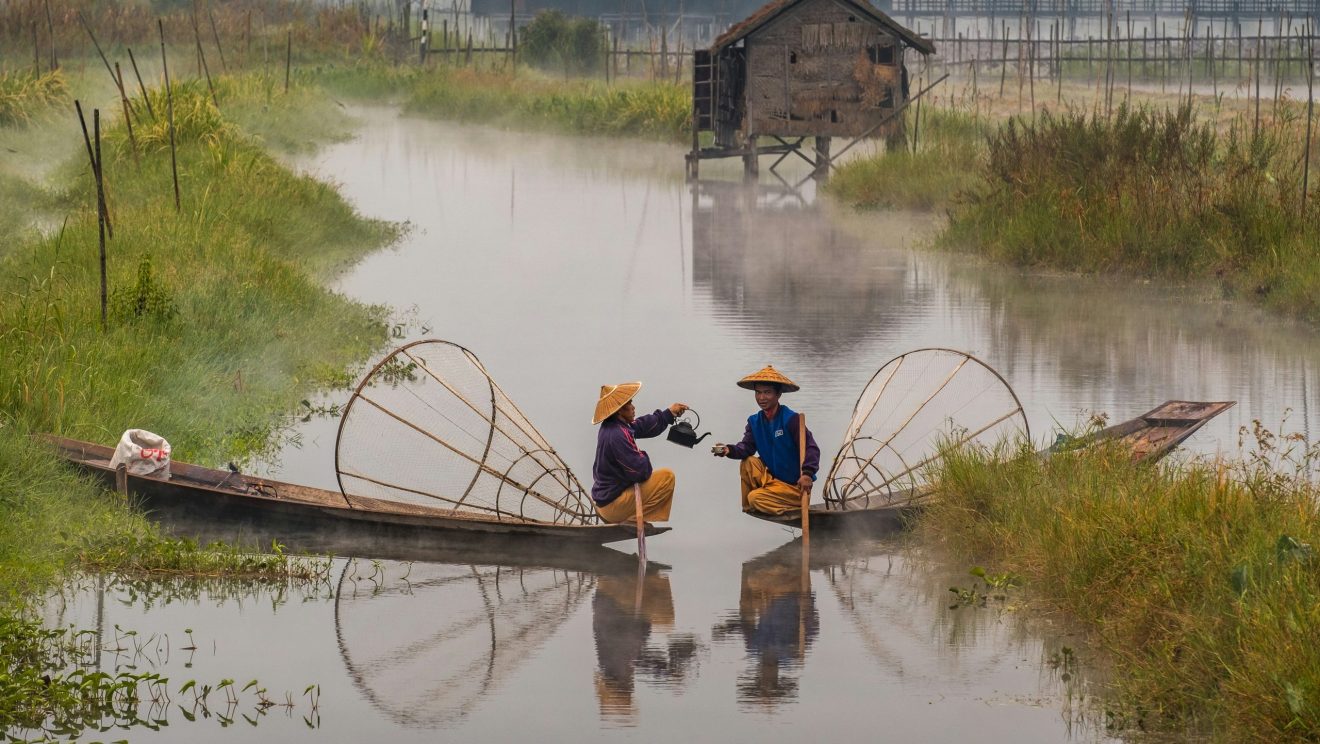
|
|
|
GlobalDev Blog recently published an article by Suneetha Subramanian (Research Fellow, IPSI Secretariat/UNU-IAS)calling for the recognition of people and nature interactions as one socio-ecological system. The piece argues that socio-ecological resilience is beneficial for both biodiversity and human well-being.
|
|
“The uniqueness of the socio-ecological systems approach is that it embraces the diversity of social and ecological dimensions across different types of socio-political, environmental, and economic contexts. Furthermore, it allows informed choices to be made about the trade-offs that arise during human–human and human–nature interactions. That is to say, issues of equity and broader sustainability are embedded in the conceptual design of such systemic approaches.”
|
|
|
|
|
|
|
|
Seminar Shares Insights on Integrating Landscape Approaches into National Biodiversity Strategies
|
The event presented a practical guide created by UNU-IAS and IGES to help policymakers integrate landscape approaches into biodiversity strategies and meet the objectives of the Biodiversity Plan. Experts offered insights and recommendations from case studies. Missed our seminar? You can watch it here.
|
|
|
|
|
|
|
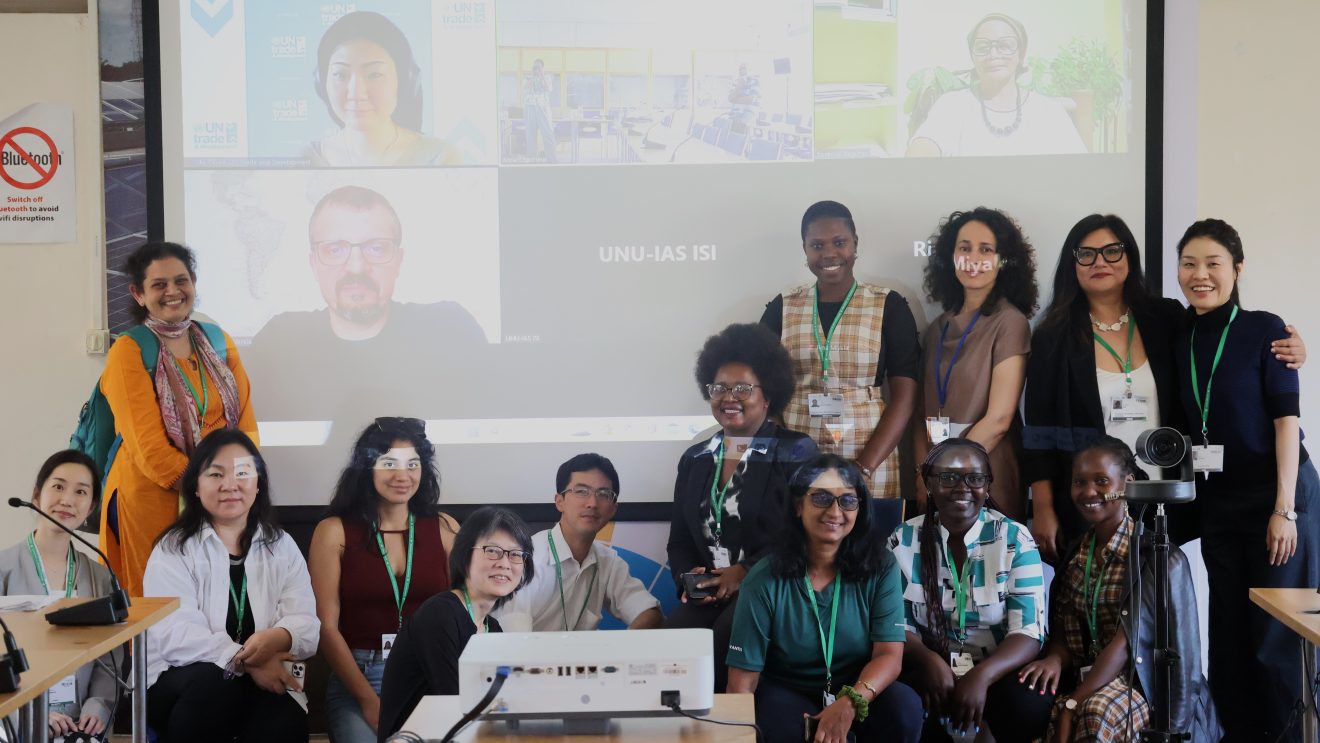
|
Photo by Mrinalini Rai/Women4Biodiversity
|
Side Event Calls for Inclusive Land Management to Safeguard Biodiversity and Livelihoods
|
The event shared case studies featured in the upcoming UNU-IAS book Business and Biodiversity: Reciprocal Connections in the Context of Socio-ecological Production Landscapes and Seascapes (SEPLS). The session was held at the 26th meeting of the Subsidiary Body on Scientific, Technical and Technological Advice (SBSTTA 26) of the CBD in Nairobi.
|
|
|
|
|
|
Side Event Discusses Subsidies and Incentives for Biodiversity Conservation
|
The sessions discussed how to identify and reform incentives and subsidies harmful to biodiversity. This event was held at the
|
|
|
|
|
|
Urban Sacred Forests Support Human Well-being through Cultural Ecosystem Services
|
|
This article in the Journal of Cultural Heritage Management and Sustainable Development shares new insights on the multifaceted benefits provided by urban forests in Kanazawa City, Japan.
|
|
|
|
|
|
|
|
|
|
Community Participatory Monitoring for the Management of Non-native Fish Species in the Atrato River, Colombia
|
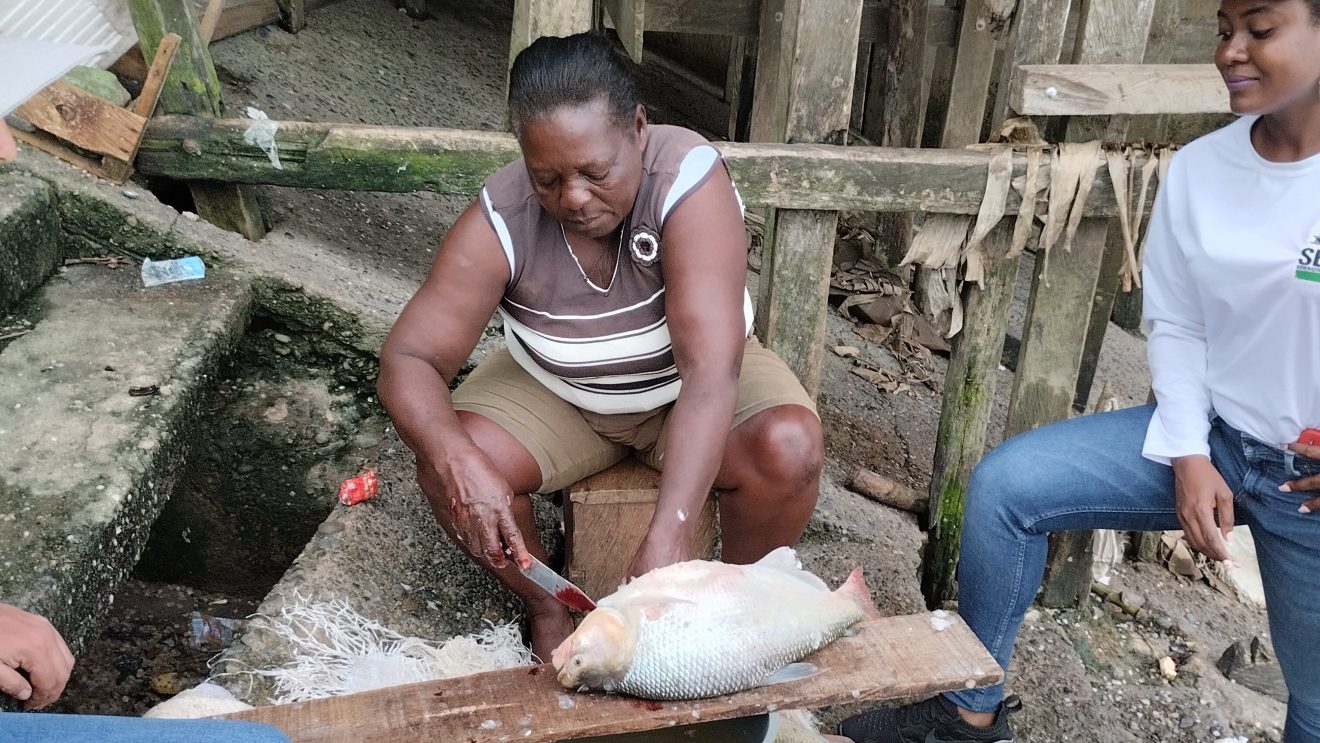
|
Photo by FUNINDES
|
Recent case study submitted by Foundation for research and sustainable development (FUNINDES)
|
Local communities are driving conservation efforts along Colombia's Atrato River. FUNINDES is pioneering a collaborative project in the Biogeographic Chocó region, focusing on managing non-native fish species threatening the river's biodiversity.
|
Through workshops and training, community members are equipped to monitor non-native species' impact, habitat conditions and socio-economic factors. Their data informs targeted management strategies, mitigating threats and preserving native biodiversity.
|
|
This initiative showcases the power of local involvement in environmental stewardship, fostering sustainable practices for the protection of natural resources.
|
|
|
|
|
|
|
|
|

|
Let us know if there are any changes in your e-mail address or contact information.
Secretariat of the International Partnership for the Satoyama Initiative
United Nations University Institute for the Advanced Study of Sustainability (UNU-IAS)
5–53–70 Jingumae
Shibuya-ku, Tokyo 150-8925
Japan
Tel: +81 3-5467-1212
Fax: +81 3-3499-2828
Email: isi@unu.edu
If you have been forwarded this newsletter and would like to SUBSCRIBE, you can do so on the IPSI website here.
|
   
|
|
|
|
The activities of the IPSI Secretariat are made possible through the financial contribution of the Ministry of Environment, Government of Japan
|
|
|
|
|
|
|
|